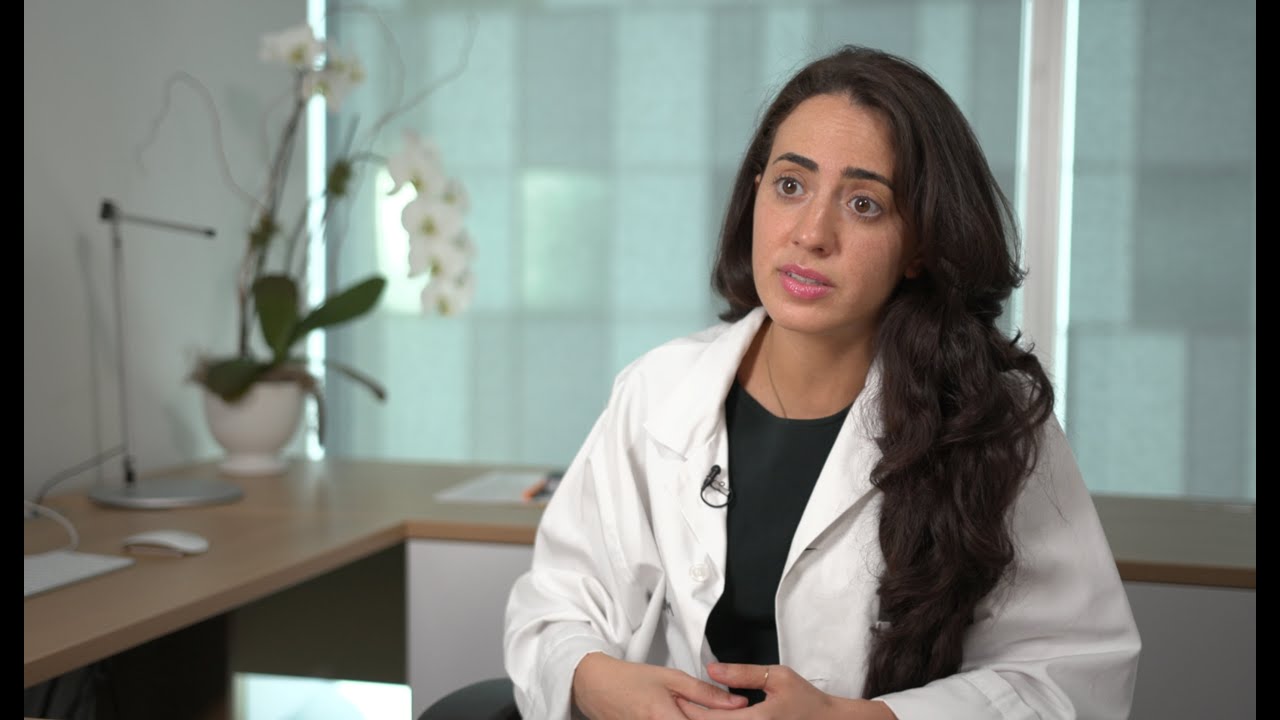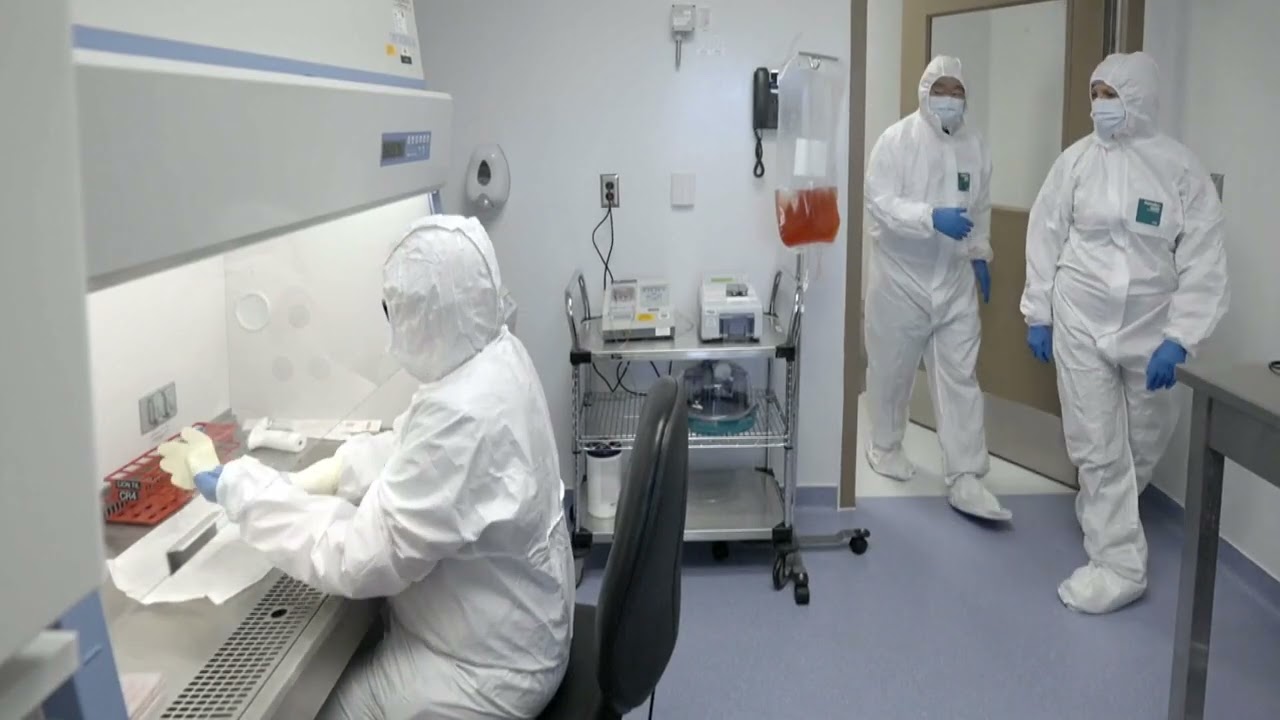NEW YORK (Reuters Health) – Whole lung irradiation, used to treat pulmonary metastases of solid malignancies in children, can lead to increasing pulmonary problems, Tennessee-based researchers report in a July 28th on-line paper in Cancer.
“Pulmonary dysfunction,” Dr. Hiroto Inaba told Reuters Health by email, “was prevalent and worsened over time in survivors of childhood solid malignancies after whole lung irradiation, although most of them were asymptomatic.”
Such an approach, Dr. Inaba added, was previously used in about 5 to 10% of pediatric solid malignancies. However, this “is decreasing in the recent treatment regimen due to known toxicities.”
To help gauge the long-term consequences, Dr. Inaba of St. Jude Children’s Research Hospital, Memphis and colleagues examined changes in 171 pulmonary function tests (PFTs) in 48 surviving patients who had received irradiation between 1971 and 2003.
Active respiratory symptoms such as cough and shortness of breath were reported by only 9 patients (18.8%) at the last clinic visit. However, more than 50% of patients had at least 1 abnormal PFT value. Values for FEV1 were 64.6% predicted, for forced vital capacity (FVC) 58.3% and for total lung capacity (TLC) 72.9%.
In the 10 patients who had baseline PFTs, immediately following radiation, FVC, FEV1, TLC and other measures of pulmonary function worsened. This was followed by transient improvement but subsequent decline.
At a median follow-up of 9.7 years, FVC, FEV1 and TLC values had decreased. Every year after whole lung irradiation, the odds of having abnormal values of FVC, FEV1, and TLC increased by a factor of 1.11.
The investigators note that “The type of chemotherapy, its timing in relation to the whole lung irradiation, and the boost dose may all influence the pulmonary outcome.”
In fact, focal pulmonary boost irradiation was significantly associated with abnormal PFT findings. Another factor was that 13 of 32 patients over the age of 18 years were smokers.
“Our study,” Dr. Inaba concluded, “emphasizes the importance of continuous long-term follow-up of pulmonary function as well as the development of measures to minimize pulmonary morbidity and mortality in such patients.”
Cancer 2011.








